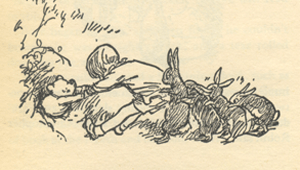First Impressions

I'd be a rubbish Darth Vadar! I have had fun this half term setting up this blog. I didn't realise how much I had to say and I have gone a bit mad this week. So here's the last of the holiday outpouring! I had a conversation with a colleague a few weeks ago which set me thinking about first impressions and how much they matter. As an NQT, I can clearly remember being told - quite seriously - by several veteran teachers "Don't smile until Easter". The idea was to instil an appropriate sense of fear and trepidation in the little darlings and to promote the idea that I was a force to be reckoned with. If they heard Darth Vader's theme in their heads as I approached them on in the corridor, then I had achieved my goal. I tried hard to do as I was advised, I really did. I lasted about five minutes into my first lesson. In my first year of teaching, I was described by a child as "the smiley, curley one" and another described me as "the one
